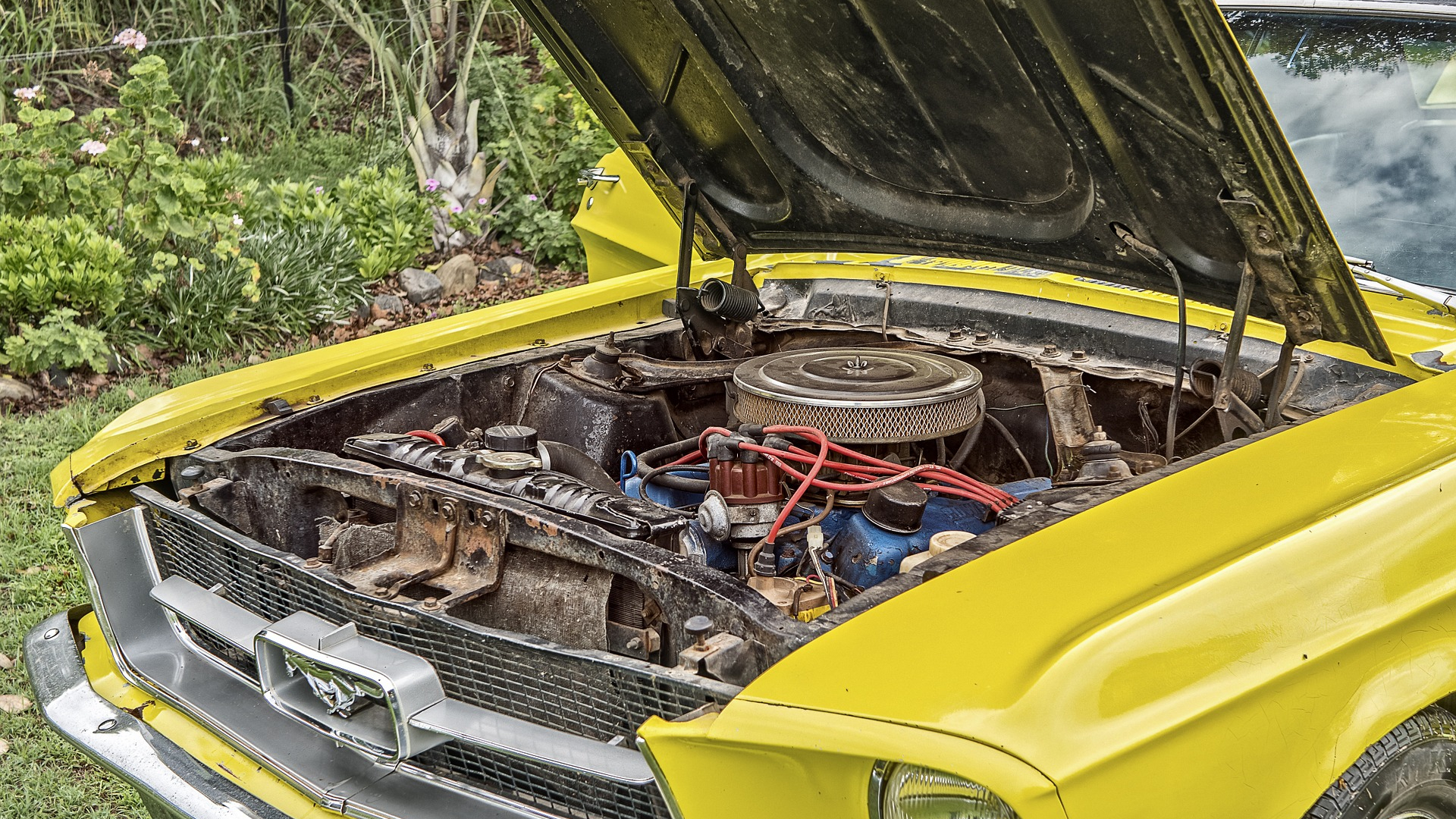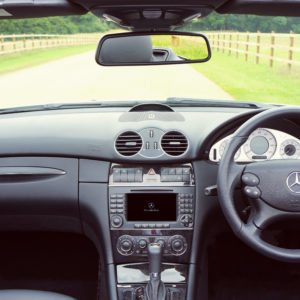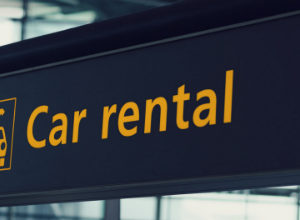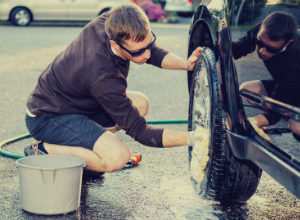What Happens to a Car When It Overheats?
Have you ever had your car overheat in the middle of stop-and-go traffic or as it’s climbing a steep hill? Have you wondered what happens to your car when it overheats? It’s not really something that happens too often to modern vehicles, fortunately, but it does still happen frequently enough to be worth considering. Especially as the last hot days of summer are still raging on, it is a risk that should always be kept in mind.
So, what happens to a car when it overheats and what do you need to know about it? Let’s go over the basics.
When and how does a car overheat?
There are a lot of possible reasons why a car might overheat but it’s not something that’ll generally happen to a well-maintained vehicle that’s in top condition. Unless you decide to drive it into some extreme conditions or situations, of course.
While this means that you’ll need to take care every single component of your car’s inner workings is in an excellent condition, the upside is that you can almost guarantee there will be no overheating problems with your car if you maintain it well enough.
Here are the main reasons why your engine and your car might overheat so that you know what you should look out for:
- Your engine coolant is low. This is by far the most common problem people face when it comes to engine overheating. The majority of modern cars use liquid cooling systems but there are older cars that are still in motion that use air cooling systems.
This liquid coolant, also called antifreeze, has a very low freezing point and an absurdly high boiling point, allowing it to hold heat. IT circulates around pipes in your engine and cools it off. If and when your antifreeze has run low, it’s normal for your engine to start overheating and it can’t be cooled down.
- Your motor oil is low. Motor oil is also vital for the cooling of your engine. It takes away the heat and it reduces the wear and friction of your engine. Always make sure that you have enough and high-quality motor oil in your engine.
- A blocked radiator. If your radiator is blocked the antifreeze flow will be interrupted and the engine’s temperature will quickly skyrocket.
- Your thermostat is malfunctioning. The thermostat isn’t just something that tells you what the temperature of your engine is – it also regulates when the coolant is to be dispersed in the engine to cool it off. If your thermostat is not in order and it determines thinks are fine when they are not, it may deprive your engine of antifreeze when it needs it, thus letting your engine overheat.
- You have a leak. There are many things that can leak in your engine, most of them bad. A leaky radiator cap, a water pump leak, a heater core, or any internal leak can easily get rid of your antifreeze without you realizing it. Checking under your car is usually a good way to make sure there are no leaks.
What happens to an engine when it overheats?
 There are a number of problems that can befall your engine as soon as it starts overheating. Some are mild and have quick and cheap fixes, while others can be pretty major and require 4-digit sums in repairs. Here are some of the problems that can quickly follow from an overheating engine:
There are a number of problems that can befall your engine as soon as it starts overheating. Some are mild and have quick and cheap fixes, while others can be pretty major and require 4-digit sums in repairs. Here are some of the problems that can quickly follow from an overheating engine:
- Blown head gasket.
- Blown motor.
- Seized engine.
These are the three major problems that can come from an overheating engine and all of them can be extremely costly to repair not to mention dangerous if you’re still moving as they happen. To avoid them you should not only make sure your car is always in an optimal condition but you should also act very quickly when you notice your vehicle is overheating.
Other, more manageable and minor problems that can happen to your engine are a water pump breakage, a coolant pipe leak, a blown thermostat, and so on – these are the things that usually lead to the overheating in the first place, and they are cheaper to fix.
What to do if your car overheats?
One of the key things to remember is that as soon as you realize your car is overheating you should take immediate action. Trying to drive an overheating vehicle even “just a little bit more” can quickly escalate the problem from a minor to a major one. Here’s what you need to do as soon as you realize something’s wrong:
- Pullover safely and immediately.
- Turn off your AC unit and open the windows. While the AC cools off your car’s interior it burdens the engine.
- Open your car’s hood to let it ventilate.
- Turn the heat blower on to transfer heat from the engine to the passengers’ compartment.
- Rev the engine to draw more air and liquid through the radiator.
How to prevent your car from overheating in the first place?
Now that we know what can cause your engine to overheat, avoiding it altogether should be relatively easy. Especially when driving in hot weather, over long periods of time, and/or in a constant stop-and-go traffic, can be very hampering for any vehicle, so:
- Make sure your car is always in an optimal condition, especially when you’re about to embark on a difficult and long journey.
- Plan your driving so that you avoid hot weather and challenging stretches such as steep hills or intensive traffic.
- Be easy on your breaks – riding your breaks too hard is very challenging for a vehicle to manage. It’s better to drive slowly and stop gently than to drive fast and brake suddenly. That’s especially true in heavy traffic.
- Floor Jack Storage Ideas and Tips - November 19, 2019
- Tips for Using a Car Jack - November 12, 2019
- How Often Should You Wash Your Car in the Winter? - November 5, 2019




Leave a Reply